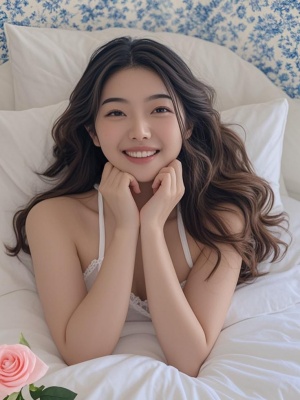The Art of Laughter: Exploring the World of Funny Portrait Paintings
Introduction: The Joy of Humorous Portraits
Funny portrait paintings have emerged as a delightful art form that combines technical skill with comedic expression. These artworks transform traditional portraiture by injecting humor, exaggeration, and whimsy into the representation of human subjects. From historical caricatures to modern AI-generated art, funny portraits continue to evolve while maintaining their core purpose: to entertain and bring joy to viewers.
The History and Evolution of Comedic Portraiture
From Caricatures to Digital Art
The tradition of funny portraits dates back centuries, with early examples found in Renaissance caricatures and political cartoons. Artists like Leonardo da Vinci created exaggerated sketches that played with human features for comic effect. Today, this tradition continues through digital platforms and AI image transformation tools that make humorous portrait creation accessible to everyone.
Key Characteristics of Funny Portraits
- Exaggerated facial features (oversized noses, tiny eyes)
- Unexpected props or settings (animals, fantasy elements)
- Playful distortions of reality
- Cultural or situational humor
- Expressive color palettes
Creating Your Own Funny Portrait Paintings
Traditional Techniques
For artists preferring traditional methods, creating funny portraits involves mastering caricature techniques. The key is to identify and amplify distinctive features while maintaining recognizability. Many professional caricaturists recommend starting with quick sketches to capture the essence of humor before refining the artwork.
Digital and AI Solutions
Modern technology offers numerous tools for creating funny portraits without advanced drawing skills. Platforms like MediaAI Art provide AI-powered solutions that can transform ordinary photos into hilarious artworks. These tools often include features for:
- Face swapping with comedic templates
- Age transformation for humorous effects
- Style transfer into cartoon or caricature formats
The Psychology Behind Funny Portraits
Research from the American Psychological Association suggests that humorous art activates reward centers in the brain similar to those stimulated by jokes. Funny portraits serve multiple psychological functions:
- Reducing stress through laughter
- Creating social bonds when shared
- Providing a non-threatening way to address serious topics
- Boosting self-esteem through playful self-representation
Applications of Funny Portrait Paintings
Personal Use
Many people commission funny portraits for special occasions like birthdays or anniversaries. These make memorable gifts that capture personality through humor rather than strict realism.

Commercial Applications
Businesses increasingly use funny portraits in marketing campaigns to create approachable, humanized branding. From restaurant menus to corporate websites, humorous imagery helps break down formal barriers and engage audiences.
Conclusion: The Enduring Appeal of Humorous Art
Funny portrait paintings represent a unique intersection of artistic skill and comedic timing. Whether created through traditional methods or modern AI art techniques, these works continue to bring laughter and lightness to our lives. As technology advances, the possibilities for creative, humorous portraiture only expand, ensuring this art form remains vibrant and relevant in our digital age.